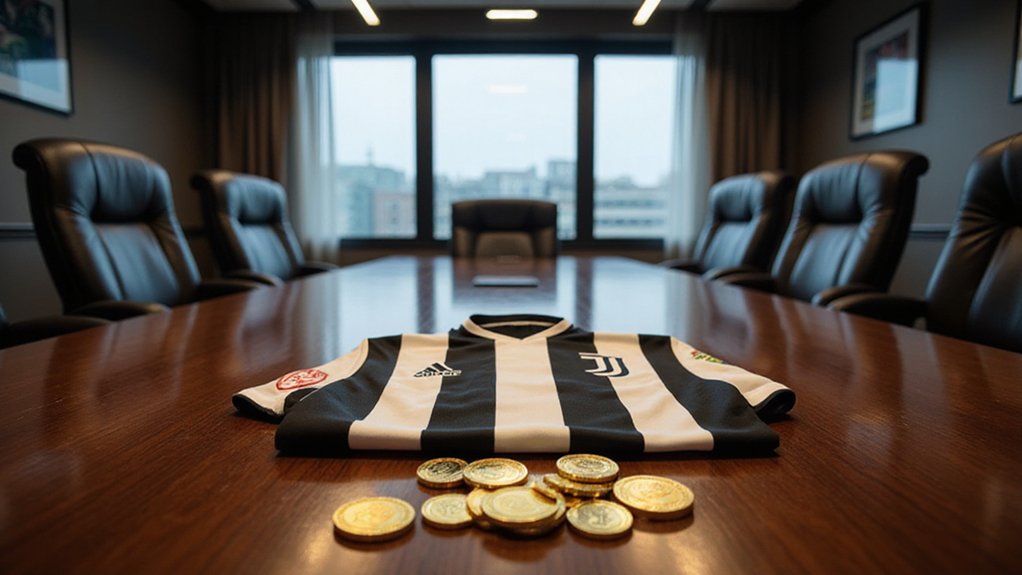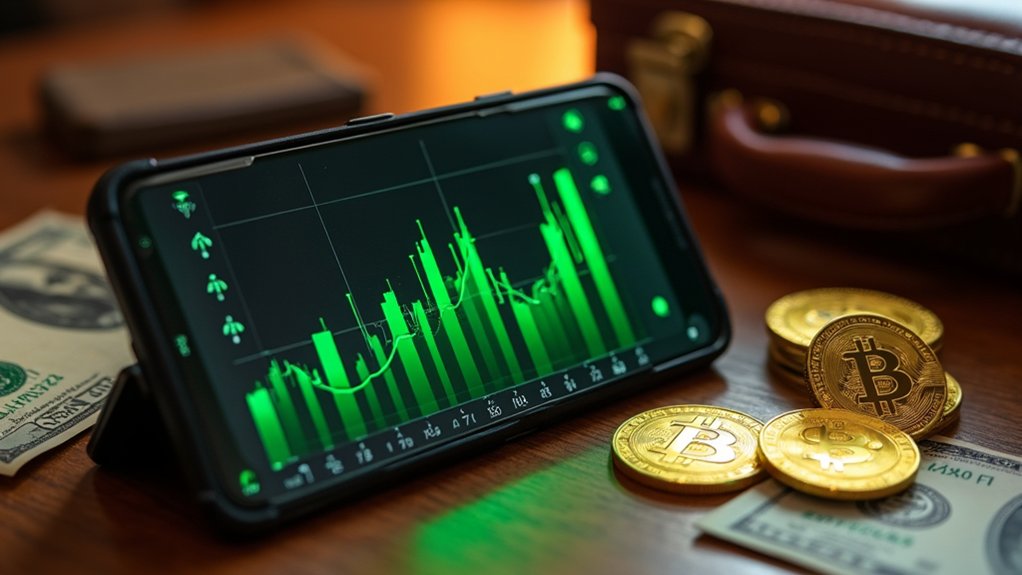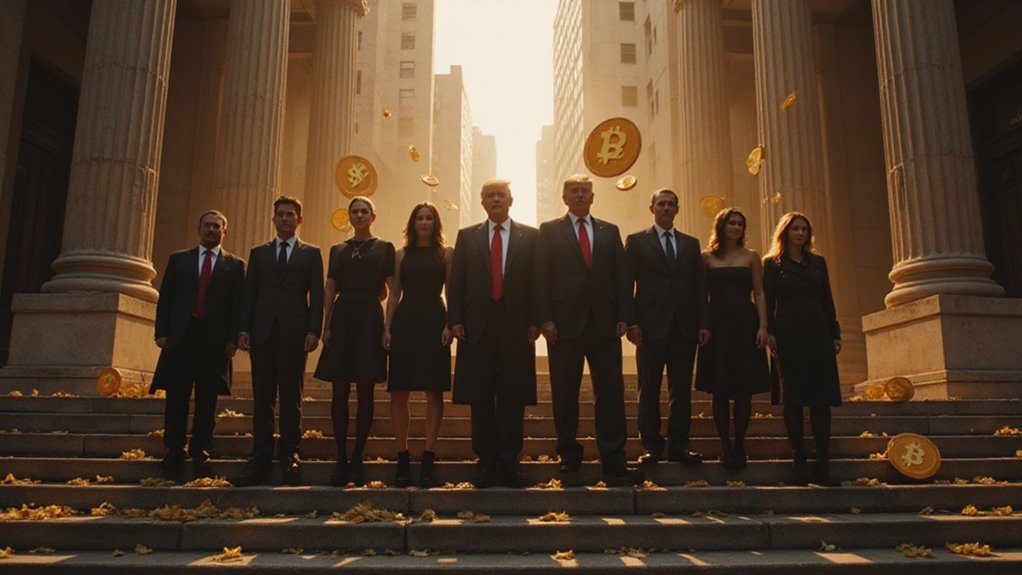Innovation, it seems, has found a new postal code in the Middle East. The Dubai Financial Services Authority has officially approved the QCD Money Market Fund (QCDT) in July 2025, marking the first tokenized money market fund authorized within the Dubai International Financial Centre—a regulatory milestone that signals the region’s growing appetite for digital asset sophistication.
The fund emerges from an unlikely yet logical partnership between Qatar National Bank, a traditional financial heavyweight, and DMZ Finance, a blockchain technology firm. This collaboration exemplifies the increasingly blurred lines between traditional finance and fintech innovation, with QNB managing investment strategy while DMZ Finance handles the tokenized infrastructure. One might wonder whether this represents evolution or revolution—perhaps it’s simply pragmatic adaptation to market demands.
QCDT’s approval carries implications extending far beyond Dubai’s borders. As the first of its kind in the DIFC ecosystem, it establishes a compliance benchmark for future tokenized financial products while reinforcing Dubai’s ambitions as a global fintech center. The fund is designed to serve multiple institutional use cases: eligible collateral for bank lending operations, mapped collateral for cryptocurrency exchanges, and reserve backing for stablecoins.
The product’s features reflect institutional-grade requirements—stable yield generation, regulatory compliance, and on-chain transparency that allows real-time visibility of holdings. This combination of traditional money market stability with blockchain innovation addresses a fundamental challenge in digital asset markets: the need for regulated, transparent financial instruments that bridge conventional and decentralized finance.
The strategic implications are considerable. QCDT represents a tangible step toward integrating real-world assets into digital frameworks, potentially accelerating institutional adoption of tokenized products across the Middle East. The regulatory endorsement by DFSA suggests growing confidence in blockchain-based financial instruments, while the fund’s multiple use cases—from collateral to DeFi integration—demonstrate the versatility of tokenized assets. As cryptocurrency markets continue to mature, established exchanges like BTSE have recognized the importance of offering multi-asset collateral features to support sophisticated trading strategies and institutional requirements.
Whether this approval signals a broader shift toward tokenized financial products or remains an isolated experiment will depend largely on market reception and regulatory evolution. What’s certain is that Dubai has positioned itself at the forefront of this convergence between traditional finance and digital innovation.









